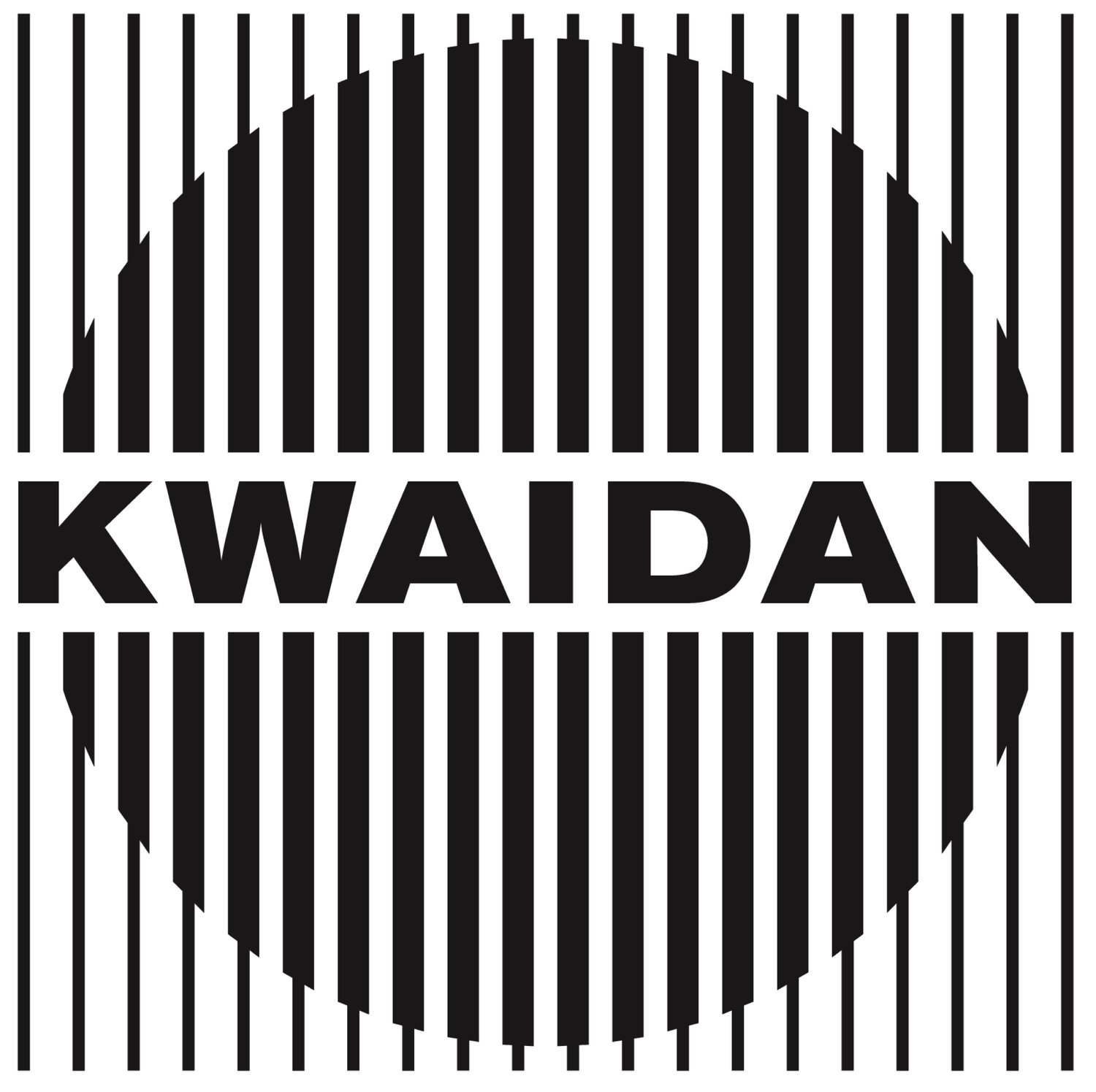Alessio Peck
Crédit: François Grivelet
You won't know his real name, and that's just as well. The stage name Alessio Peck sums up his career perfectly: a first name given to him by his parents in a small Italian town on the Adriatic coast, attached to a pseudonym that reflects his world tour of music over the last decade. This talented multi-instrumentalist is now a full-fledged artist, author, composer and singer, reconciled with his Italian origins after a long immersion in the American and English music scene. A nuovo Alessio Peck has emerged, a juicy fruit, sun-ripened by his many experiences on the road, with a thirst to embrace a universal pop ideal of his own.
At the age of 7, he found his father's old guitar and started strumming and composing songs. His playing was so impressive that he was taken on by various local rock bands from a very young age. At 18, he had the opportunity to move to London to study, and he was happy to leave a town which he felt was too small for his musical ambitions. There he founded the rock band Stags, which earned the praise of British music publications such as Classic Rock Magazine, performed at The Great Escape festival, and toured the UK on several occasions. Peck went on to play bass in Acid Tongue, a Seattle-based soulful psychedelic rock band, with whom he toured extensively across the United States. Performing at SXSW and live in session for KEXP Radio, before recording a full length album with the band. Back from the USA, he was hired by the London post-folk singer-songwriter L.A. Salami for a European tour, where he shared the stage with the likes of MGMT, Parcels and Dream Wife.
The switch from lead guitar to bass was a light bulb moment for Peck, as it opened new doors in his approach to composition. However, the real revelation was when his girlfriend bought him a Roland Juno-DS synthesizer for Christmas. Gone were the days of crazy solos, blues-laden riffs and basic rock and roll chords. Alessio discovered the world of sequencing, the freedom of having all the instruments at his fingertips and arranging them on his own. The myriad possibilities of the synthesizer meant he wasn’t limited anymore to that guitar rock sound he already knew so well. So, he lets himself discover and be inspired by the hooks of pop music, the deep grooves of reggae and dub, and explores electronic music for the first time. At first his lyrics naturally came to him in English, which had become the first language of his day-to-day life, having lived far from his country of origin for a decade. An old London connection put him in touch with Padua producer Cristopher Bacco who, impressed by his demos, flew to Paris to start working on pre-production right away. Once there, he showed the producer a new song, the first song he had ever written in Italian, and the duo decided to go all in on this track. From their collaboration "Amore Bipolare'' was born, a fresh and sunny pop song in which guitar and synth intertwine harmoniously. Thanks to this song Peck has woken up to the power of his native language. Where English had him stuck in the classic American pop-rock clichés, writing in Italian has allowed him to reconnect with his inner child, enabling him to express emotions more directly and with sincerity. And so he began to travel back and forth to Padua’s Studio 2 to record a full EP in Italian, which boasts the featuring of some household names of the Italian artistic scene, such as Roberto Dell’Era of alt-rock giants Afterhours, and cinema actor Marco Cocci. All of this in favour of the new Italo Touch sound proposed by Alessio Peck.
The result? Gleaming, chrome-plated pop, neither traditional Italian song nor American rock anthem, but drawing on both worlds at the same time. Whether it’s a variety of music genres cut with a sprinkle of rock n roll or rock n roll intoxicated by a variety of different genres, this hand-made tailored format of songwriting suits Alessio Peck perfectly, who doesn’t need to hide behind a pair of sunglasses anymore. The young rocker who was once self-conscious about his origins seems to have finally reconciled himself with Rino Gaetano’s repetitions and Adriano Celentano’s standards, having already assimilated all the anglo-saxon pop rock he could. "Singing in Italian was a rediscovery for me. When I moved to London I didn't want to be Italian anymore. Took me some years to be able to really appreciate the artists my father used to listen to when I was a kid, like Lucio Battisti or Franco Battiato, to reconnect with my roots. I think this is particularly important nowadays, for young Europeans to start rediscovering and appreciating the art and artists of their own countries. It’s been too long since the English language and American culture have taken over the world of music.” From this point of view, we could say that Alessio Peck has discovered new horizons and conquered new borders of songwriting. Veni, vidi, vici.






